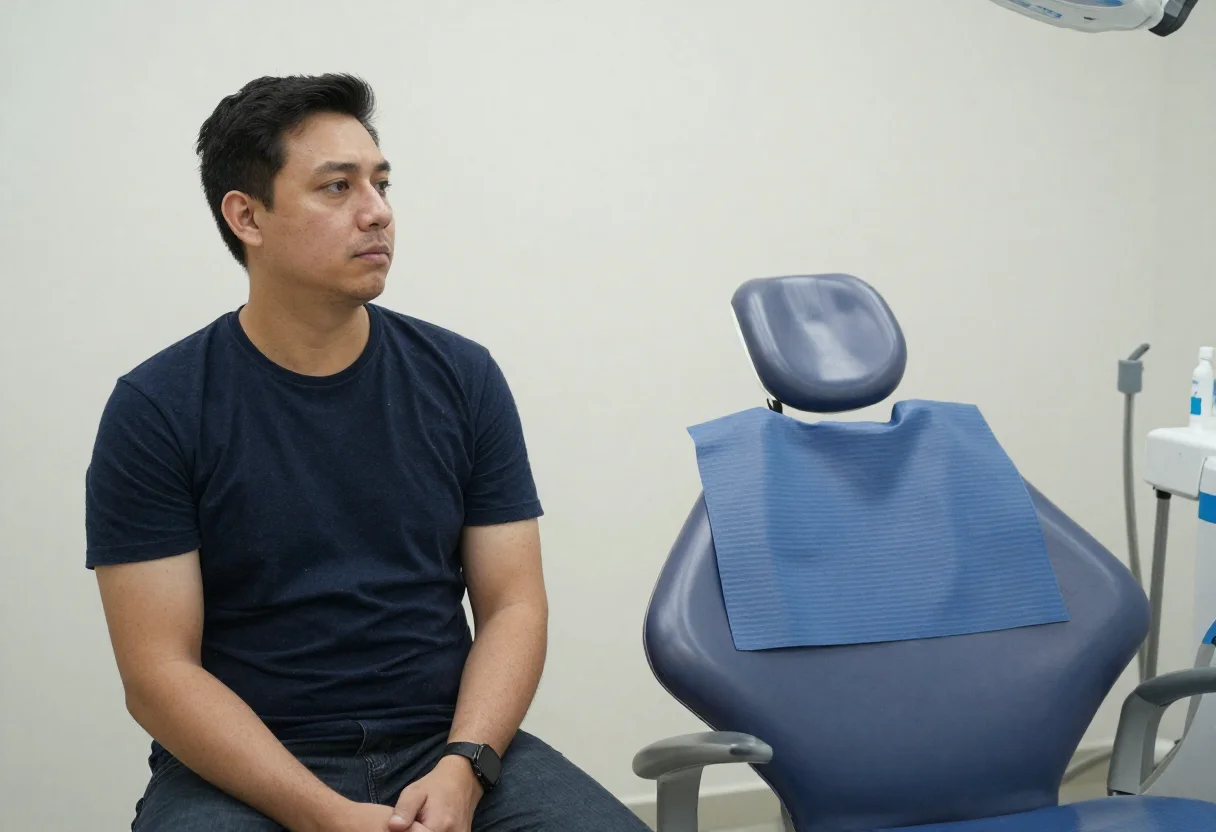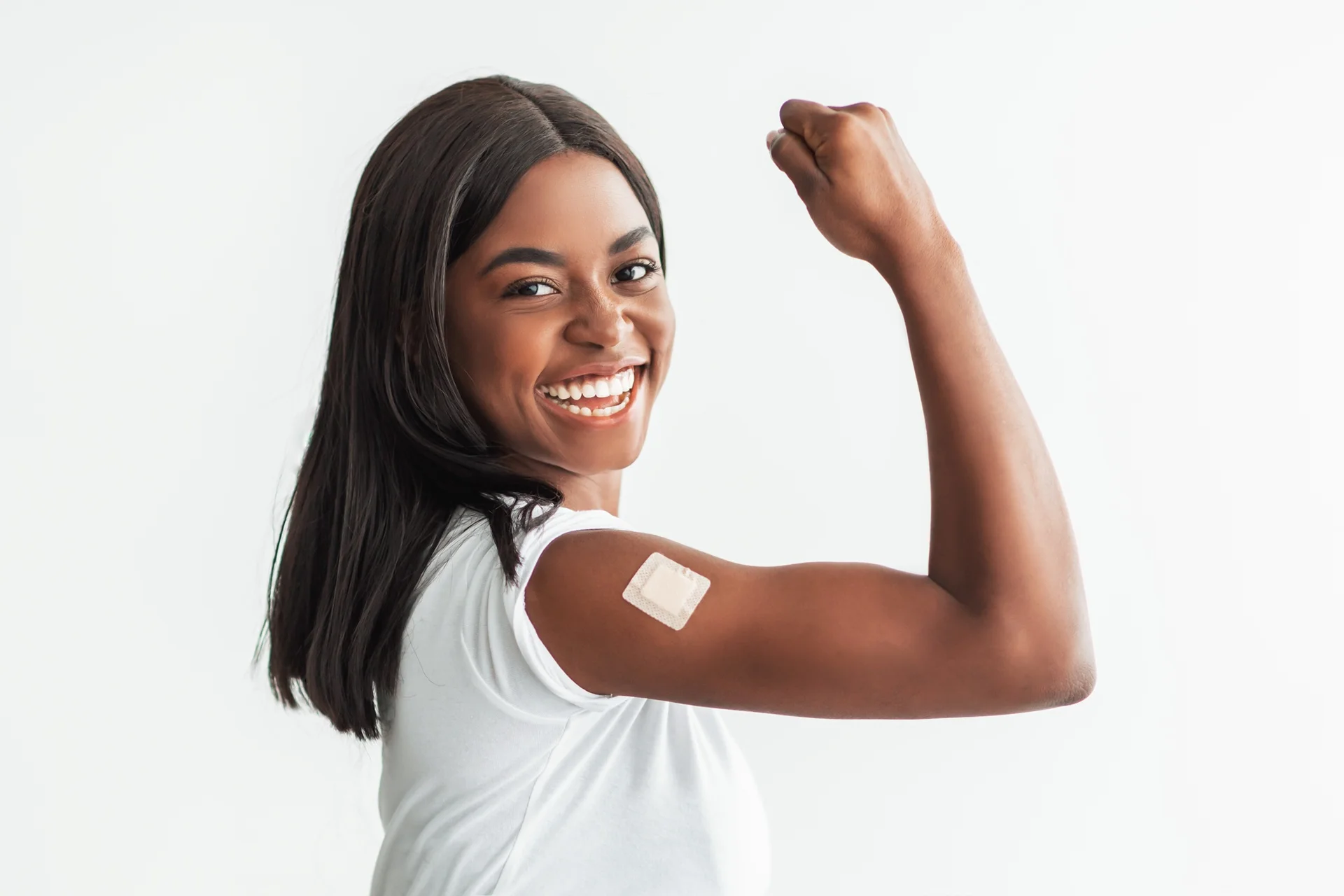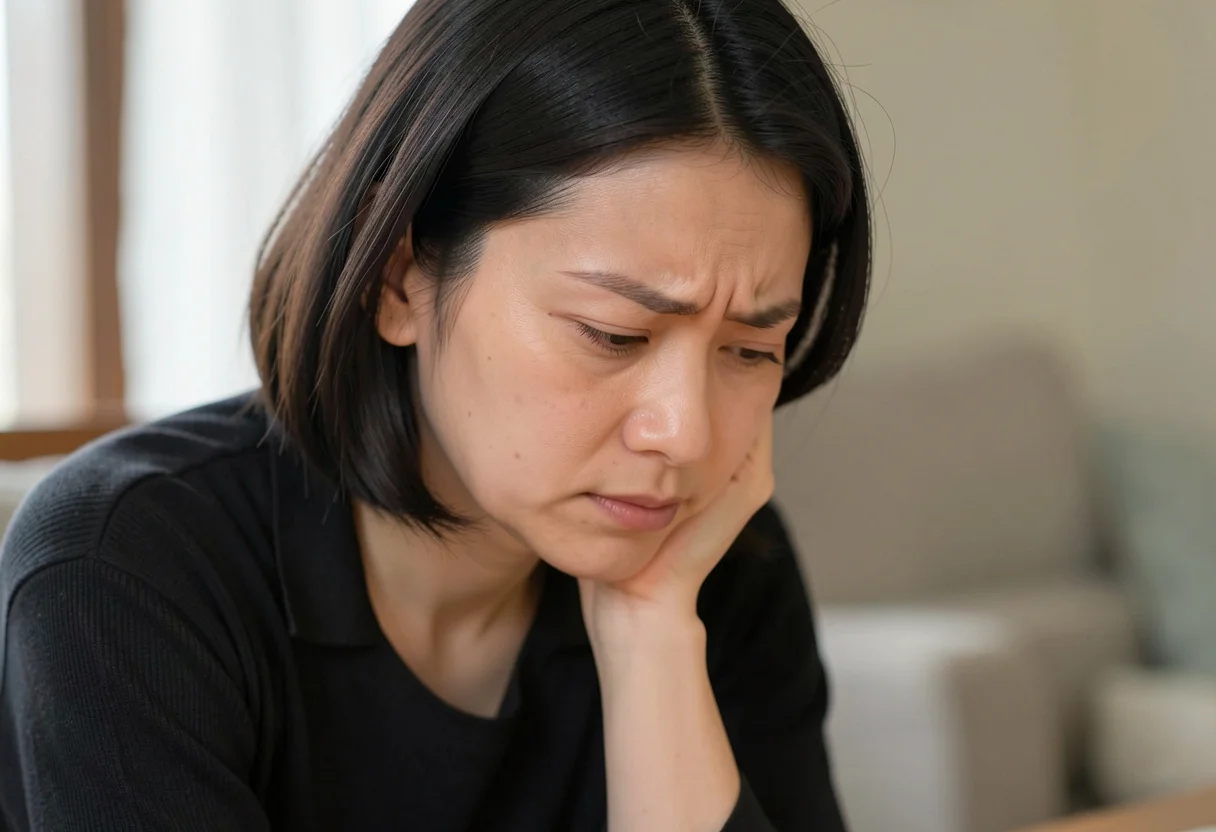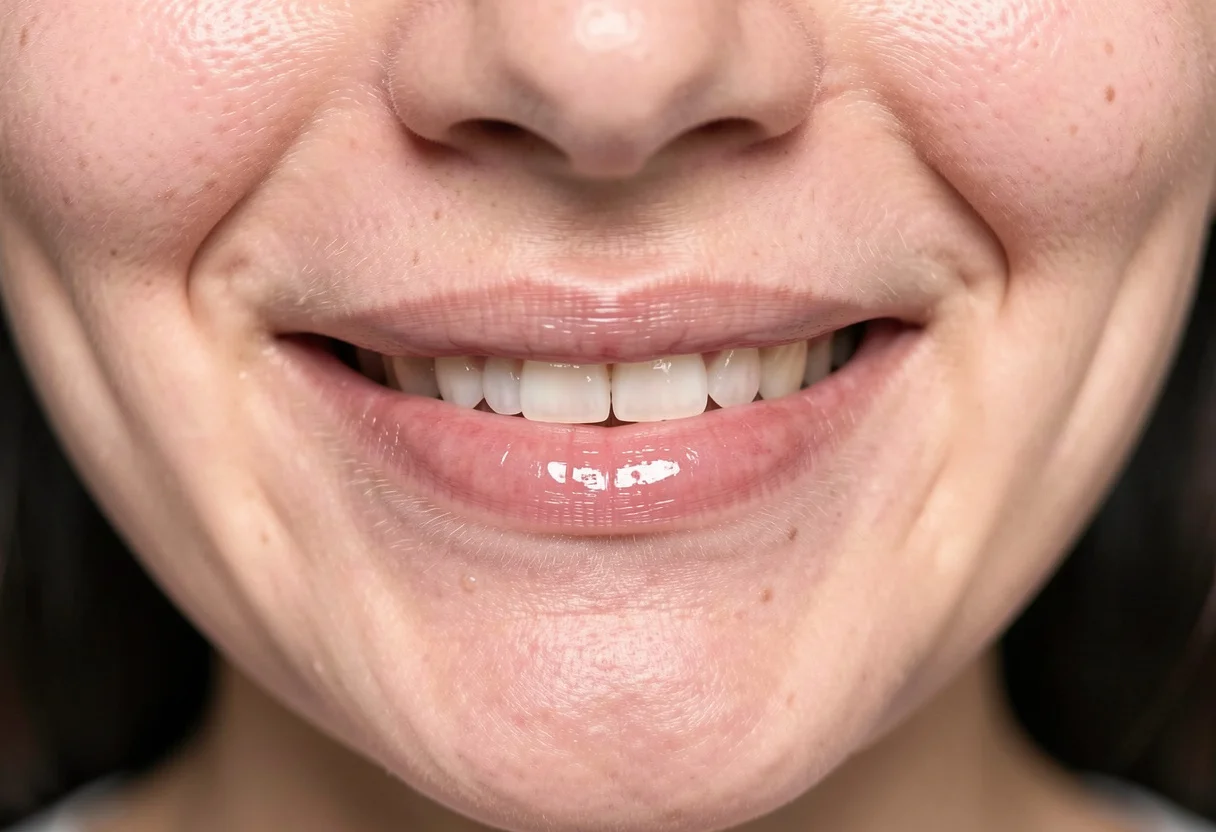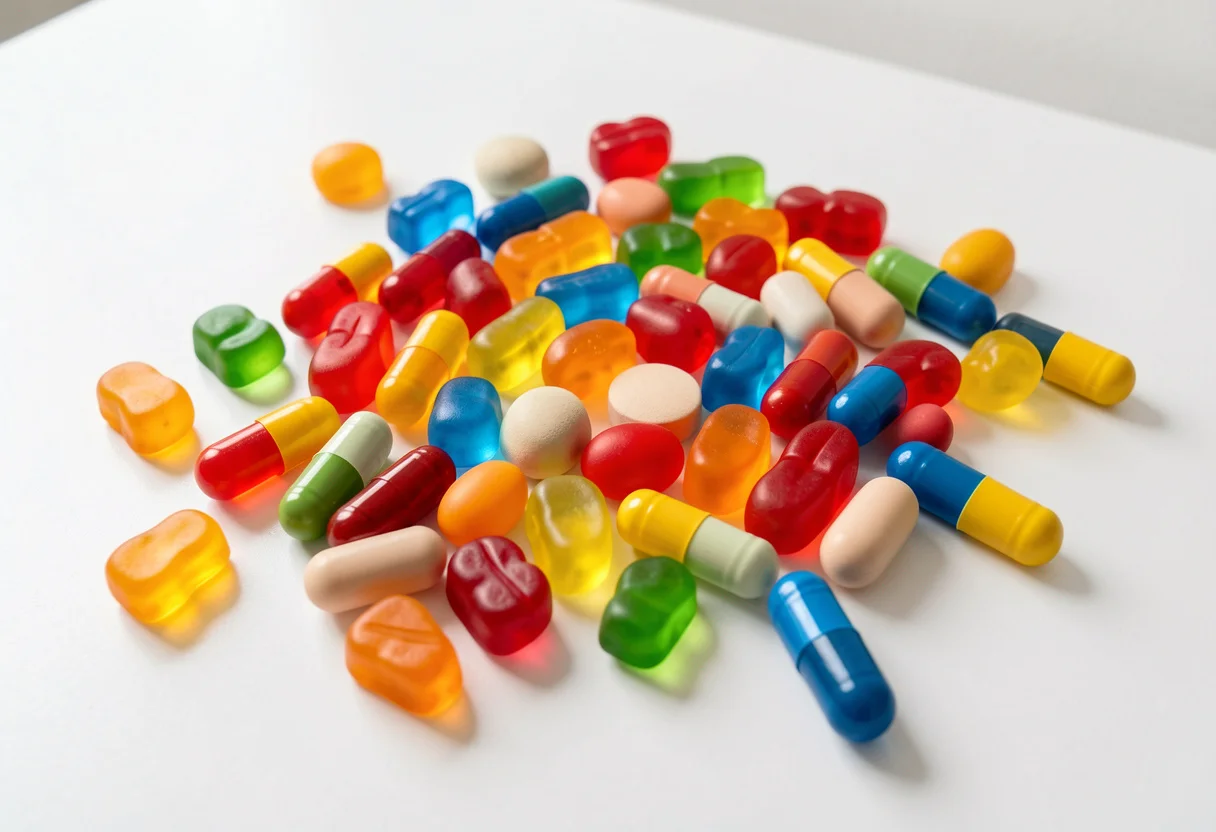Editorial note
Map of Health content is prepared with an evidence-based approach. References are provided for transparency.
Medical disclaimer
This content is for informational purposes only and does not replace professional medical advice, diagnosis, or treatment. If you have an urgent medical concern, seek immediate care.
"The European Union has introduced new regulations imposing usage limits and bans on cosmetic ingredients such as retinoids, alpha-arbutin, arbutin, genistein, daidzein, kojic acid, 4-methylbenzylidene camphor, triclosan, and triclocarban to reduce health risks."
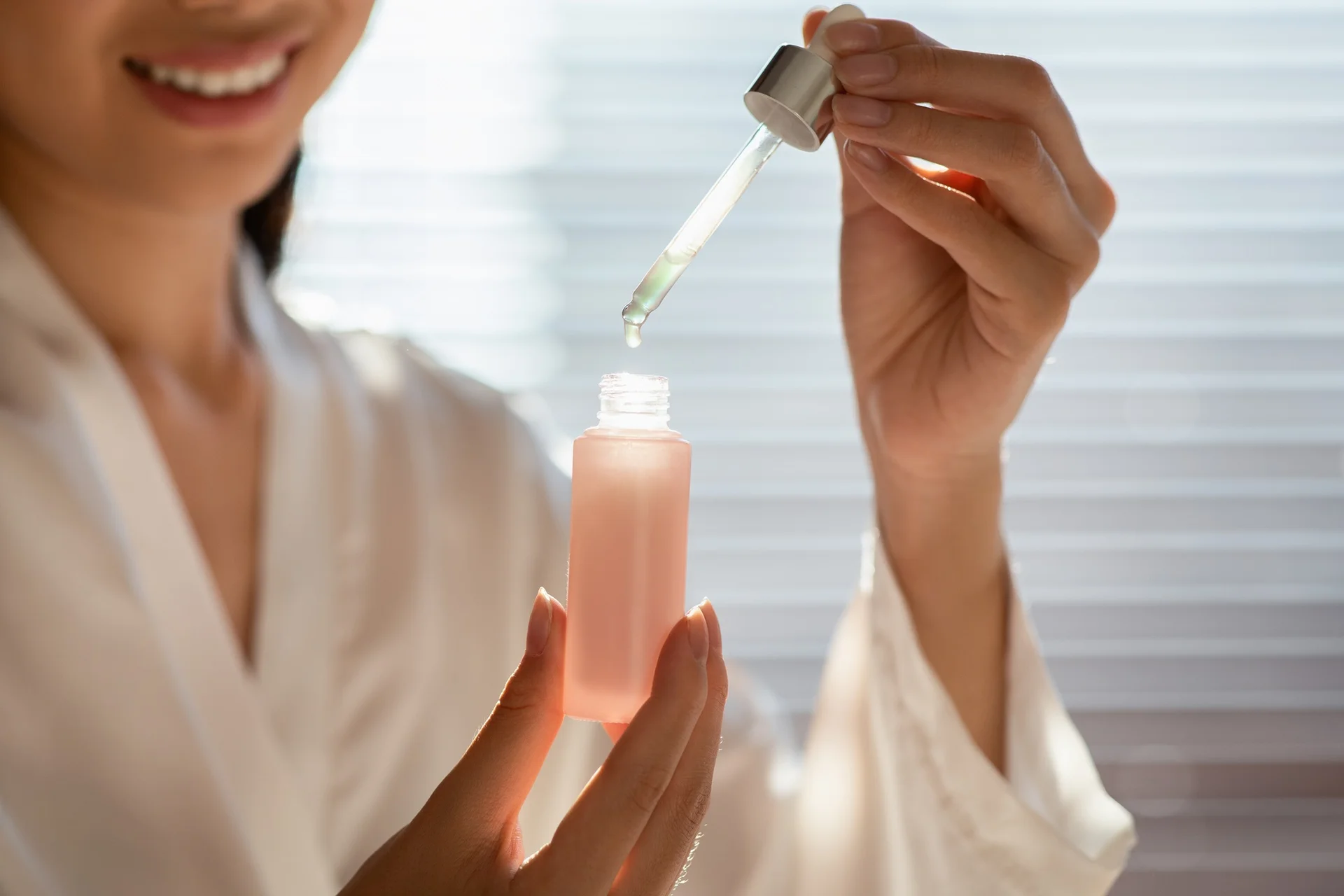
NEW RULES ON RETINOIDS AND OTHER COSMETIC INGREDIENTS
The European Union has introduced new regulations regarding some substances used in cosmetic products. These regulations specifically focus on retinoids (such as retinol, retinyl acetate, and retinyl palmitate) and include restrictions on several other ingredients, including genistein, daidzein, kojic acid, alpha-arbutin, arbutin, 3-(4′-methylbenzylidene)-camphor, triclocarban, and triclosan.
Retinoids
Retinol, Retinyl Acetate, and Retinyl Palmitate have been included in Annex III of the Cosmetic Regulation, which lists substances subject to restricted use in cosmetics. Retinoids are effective ingredients known for their antioxidant, anti-acne, and anti-wrinkle properties but must be used cautiously due to the teratogenic effects associated with excessive vitamin A intake. The Scientific Committee on Consumer Safety (SCCS) has deemed vitamin A in cosmetics safe but highlighted risks for individuals with high intake levels through food and supplements. Retinoids are allowed at a concentration of 0.05% Retinol Equivalent (RE) in body lotions and 0.3% RE in other rinse-off and leave-on products. These new regulations will take effect on November 1, 2025, prohibiting the marketing of cosmetic products in the EU that do not comply with these updated requirements. A complete sales ban on such products will be implemented on May 1, 2027.
Alpha-Arbutin and Arbutin
Alpha-Arbutin and Arbutin are substances used as skin lighteners but raise health concerns due to the release of hydroquinone. Hydroquinone is classified as a carcinogen and is only permitted under specific conditions in cosmetics. The SCCS has established safe usage levels for these substances, emphasizing that hydroquinone should only be present in trace amounts. According to the new regulations, Alpha-Arbutin is limited to 2% in face creams and 0.5% in body lotions, while Arbutin is restricted to 7% in face creams.
Genistein, Daidzein and Kojic Acid
Genistein, Daidzein, and Kojic Acid are commonly used in cosmetics for skin care and brightening. However, they may pose health risks due to their potential to disrupt the endocrine system. The SCCS has determined safe usage levels for these substances: Genistein is limited to 0.007%, Daidzein to 0.02%, and Kojic Acid to 1%, but only in products intended for the face and hands.
Methylbenzylidene Camphor
Methylbenzylidene Camphor, previously used as a UV filter, has been identified as an endocrine disruptor. The SCCS has been unable to establish a safe maximum concentration for this substance. As a result, it will be added to Annex II of the Cosmetic Regulation. From May 1, 2025, products containing this substance will no longer be permitted on the EU market, and a sales ban will take effect on May 1, 2026.
Triclosan and Triclocarban
Triclosan and Triclocarban have been evaluated for their potential negative effects on the endocrine system, leading to regulations concerning their use in cosmetics. Triclosan is prohibited in toothpaste for children under the age of 3 but can be used in hand soaps, shower gels, and deodorants at a maximum concentration of 0.3%. Conversely, Triclocarban is allowed in all cosmetic products at a maximum concentration of 0.2%, except in toothpaste for children under the age of 6. Products manufactured under the previous regulations may continue to be sold until December 31, 2024, but must be removed from the market by October 31, 2025.
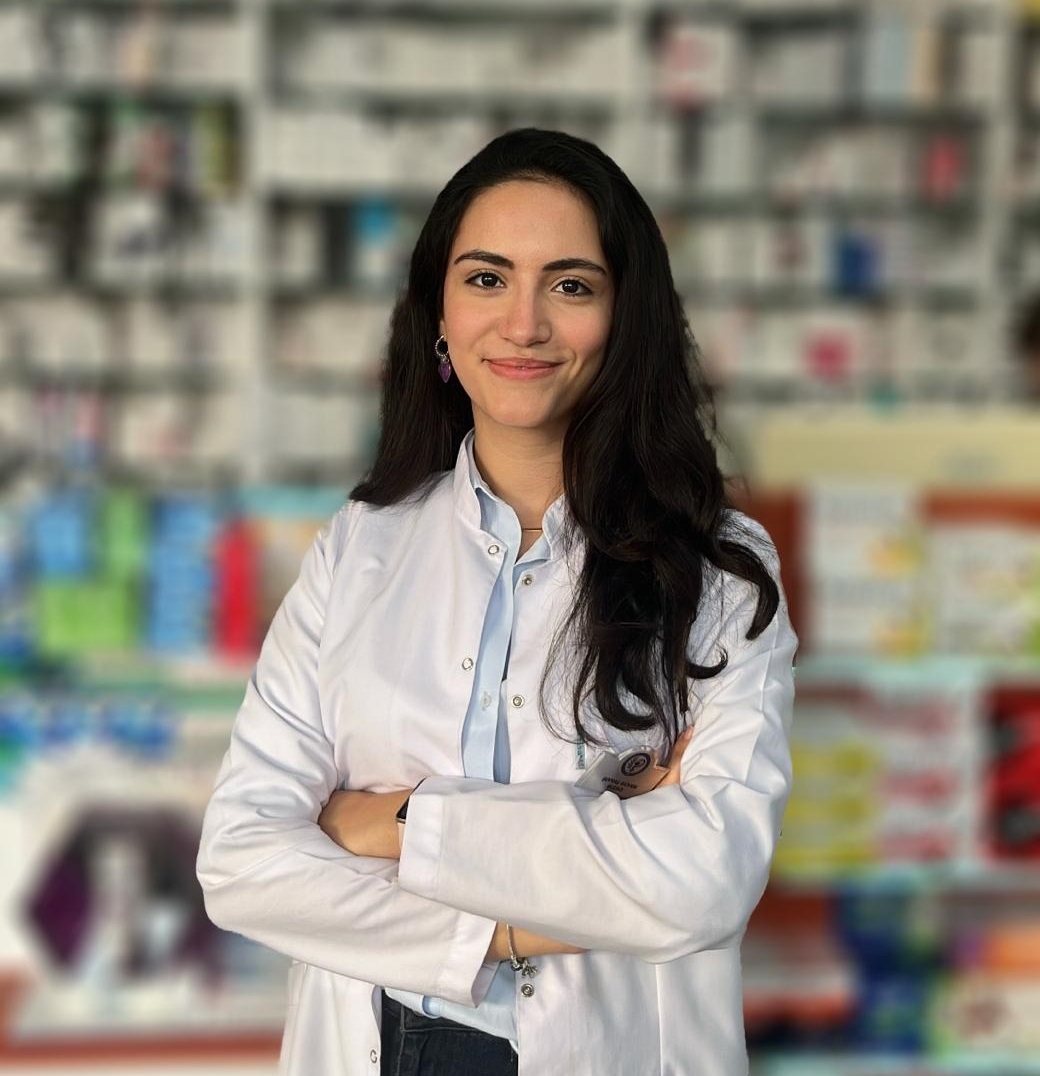
https://eur-lex.europa.eu/legal-content/EN/TXT/PDF/?uri=OJ:L_202400996
https://www.cosmeticscare.eu/en/new-rules-for-the-use-of-retinoids-and-more/


